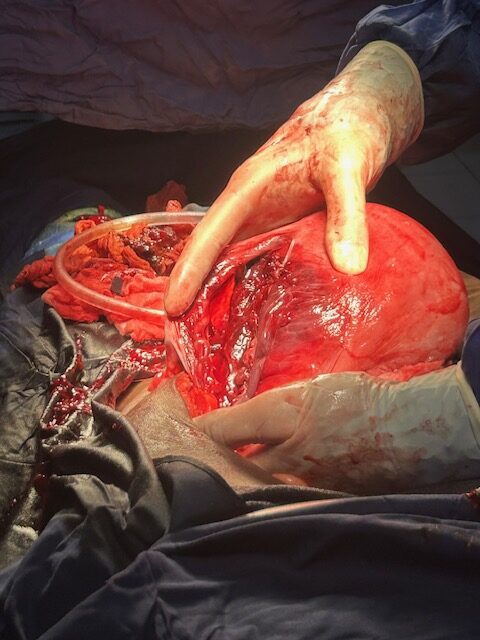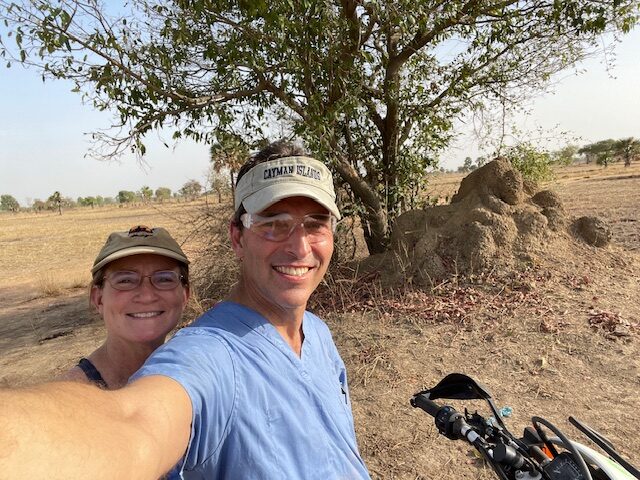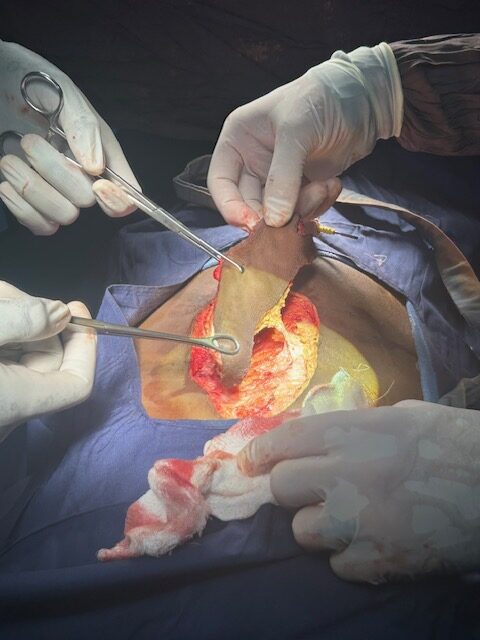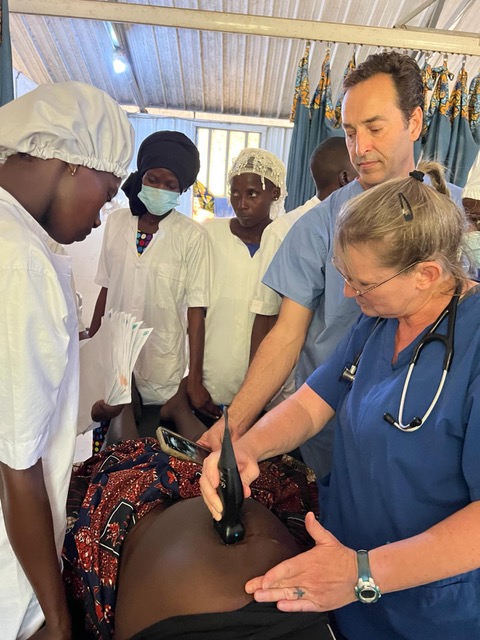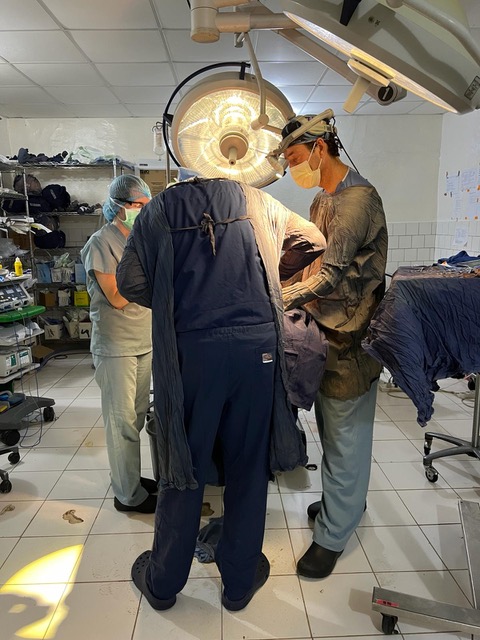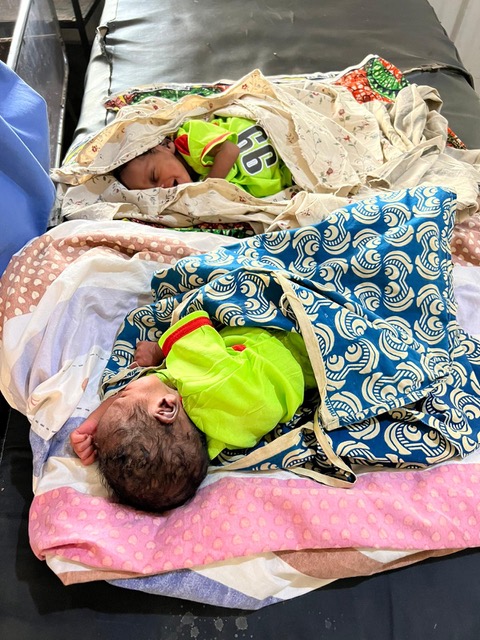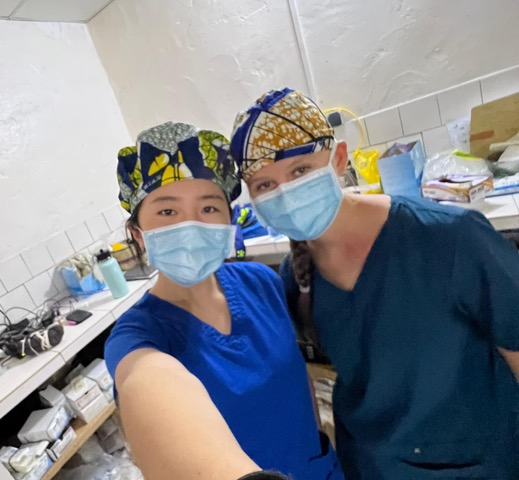8 Bere 2024
It’s sabbath and we woke up before dawn to go on a moto hippo run. Gary was here and had large motorcycles and he wanted to go out early to see if we could see the hippos. That sounded like a great idea to us. So Gary, Cherise, Audrey and i went out on motos at 5 AM. We drove in the dark as the sky started to lighten. We went in the direction of Kelo to the area of the lake. After about ?20 minutes of riding we arrived at the lake. They weren’t visible so we rode along the side of the lake through dry grass and over animal paths to the water. The grass was about 2 feet tall. After about 5 minutes by the lake we stopped to stand at the edge and see the sun come up. It was a pretty sunrise, not the bright orange ball that sometimes comes up but was beautiful anyway. Various birds were flying by in formation. Others as individuals. Swallows swooped down skimming along the surface and drinking the water as they flew. A king fisher dove in and came up with a fish. After watching the sun come up and seeing the reflection on the water we continued on further along the lake. Finally we came to an area that couldn’t be crossed easily. So we decided to turn around. We notice that the moto that Gary is driving has a flat tire. So he limps home and Cherise gets on with us. We make it back and have some breakfast. Then we go and join Gary and other at church in Bendele. We sit through a hot sabbath school and then just as church is starting Im called to the hospital for a C-section.
This lady presented this morning with a few contractions. She was given Cytotec by the nurse and then her contractions started in earnest. About mid morning she was fully dilated and she continued with hard contractions. Then she had more abdominal pain and the uterus changed and became disfigured. The nurse was worried about uterine rupture and so called us. Audrey agreed and we took her to the OR. She was in a fair amount of pain. Phillipe the anesthetist got blood warming to give her. He preloaded her with IV fluids and we started. On ruptured uteruses I make a vertical incision. As i got into the abdomen there was a lot of blood. I saw a large hematoma on the left of the uterus. As I felt higher I felt an arm or leg. I pulled on the appendage and found it to be a leg. The whole baby and placenta were outside the uterus, obviously dead. I took them out as one unit and then pulled up the uterus to explore where the rupture was. It was all along the left side of the uterus. This was an odd location, as usually I see it low and in front. I put clamps along the opening and reached for the bottom and started suturing. I found a couple different areas where the uterine artery or its branches were bleeding. After tying off a number of areas, the bleeding finally stopped. Phillipe had kept up with the blood loss and she received a total of 4 units blood. So the patient did well in the end and will need to have a planned C-section at each subsequent delivery.
It’s about 111 deg today and i finally get to demonstrate the misting system to the missionaries in the public area where we eat lunch. It works quite well. The pump gets real hot so I only run it in about 1/2 hour segments. But it works and I’m glad to have brought all the stuff for it. Later in the evening we have everyone over to our place and we have a game night. It is fun and we learn a new game as well. it’s 97 in our house as we go to sleep- tough to sleep…
